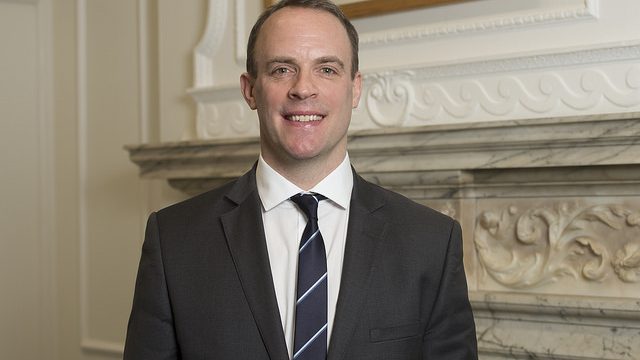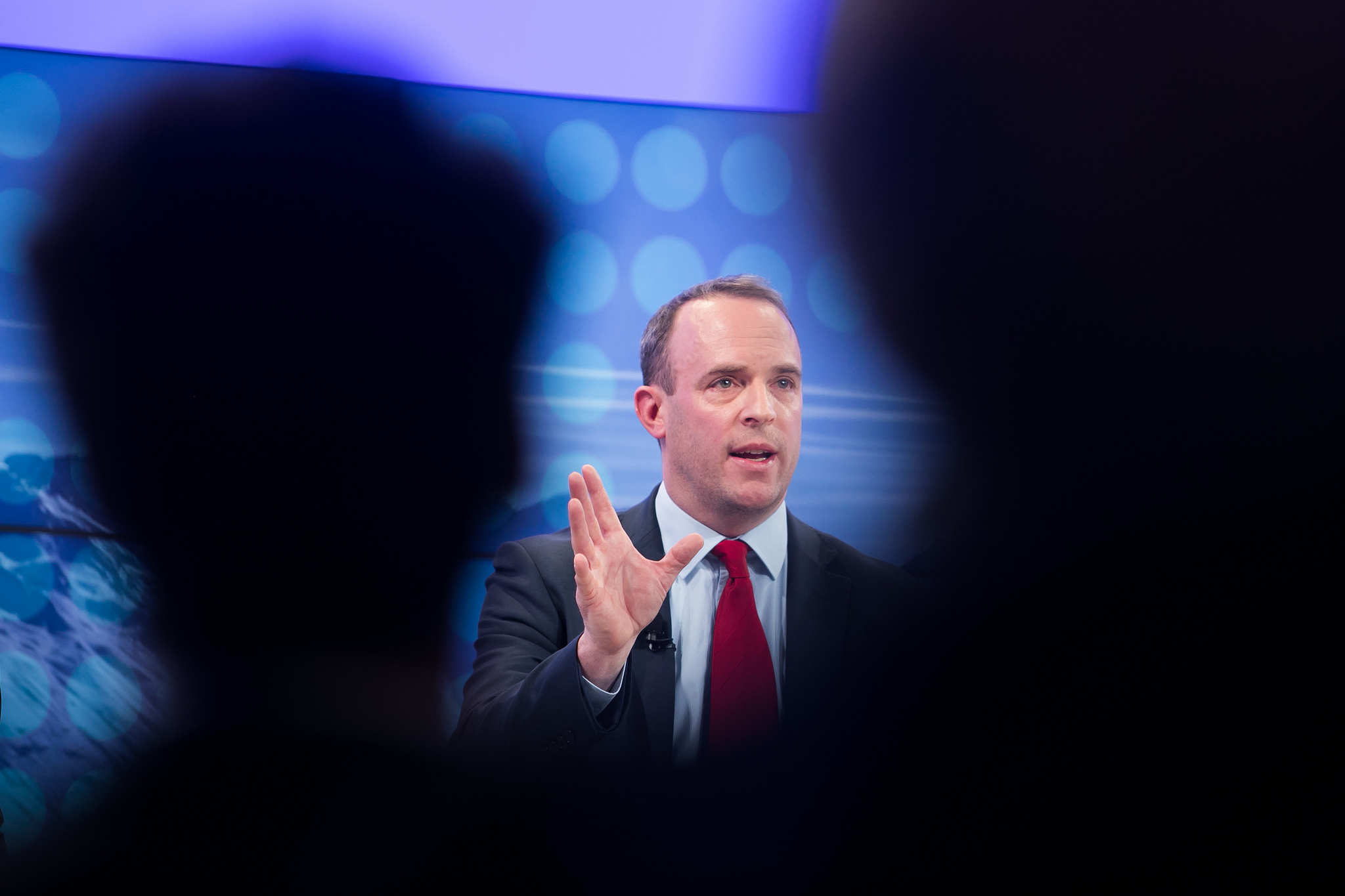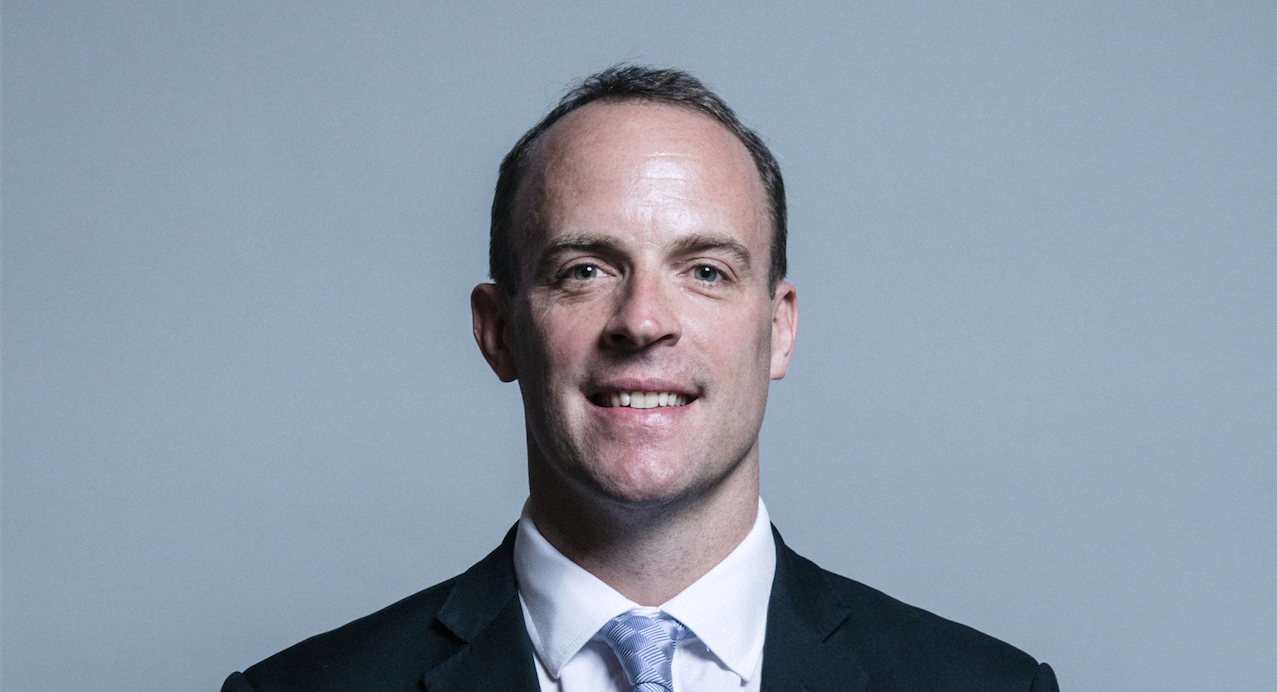In a shock resignation at almost midnight, one of the leading figures responsible for Brexit negotiations has quit his cabinet post.
Brexit Secretary David Davis was tasked with overseeing negotiations on how to leave the European Union since a referendum in which the country voted to leave.
However, the post has now been handed to Dominic Raab, previously in charge of housing, after Davis quit saying “we are giving too much away, too easily”.
It’s unclear what effect this new appointment will have, if any, on the Government’s Brexit strategy, but given his hardline stance against major human rights legislation, it may spell bad news for our status in the ECHR in a post-Brexit Britain.
So, we decided to take a closer look at the new Brexit Secretary, Dominic Raab.
Okay, Let’s Start With The Big Stuff

Raab has been an outspoken critic of the Human Rights Act, the piece of legislation which embeds international human rights protections as part of our laws.
In his previous role as Justice Minister, he masterminded plans to replace the act, claiming he was worried about the sovereignty of British parliament and judges, as well as how rights could be expanded.
He also added that he believed the original Human Rights Act was “rushed” and “flawed”.
In 2011 he said “the tabloids blame everything on the HRA and, in my view, the NGOs think it’s perfect. I think there’s a middle ground. The HRA didn’t do a great deal to protect some of our freedoms – against ID cards, the DNA database, against some of the surveillance where children were followed home from school to check their catchment area.”
Ok, what else?
RightsInfo on… The Human Rights Act
What is the Human Rights Act? We explain!
Posted by RightsInfo on Sunday, 31 December 2017
The Esher and Walton MP has also been dubious about human rights more generally too, saying they ‘run riot’, and are ‘skewed’.
In a Telegraph column, he pointed to a man who could not be deported following a conviction related to the 2011 London Riots, criticising the right to family life for preventing his immediate deportation, saying “Article 8 is being expanded to protect the criminals’ rights not the families” and making human rights a “dirty word”.
He argued the government should introduce legislation to refuse foreign criminals the right to appeal deportation with their Article 8 rights.
And What About The Rest?

Human rights stretch out far wider than the act though, they’re something which touch all aspects of our lives.
Raab has voted consistently for a stricter asylum system and tougher controls on immigration, while also voting in favour of mass surveillance of people’s communications.
On workers’ rights, Raab has campaigned to make it harder for workers to go on strike, calling for new laws requiring Union bosses to carry majority support from members before calling a strike.
He has backed calls for an elected House of Lords and removal of hereditary peers, against Conservative party consensus, though he has never rebelled against the party whip.
Raab has consistently voted in support of equal marriage, which finally became law in England 2013 and in Scotland in 2014.






